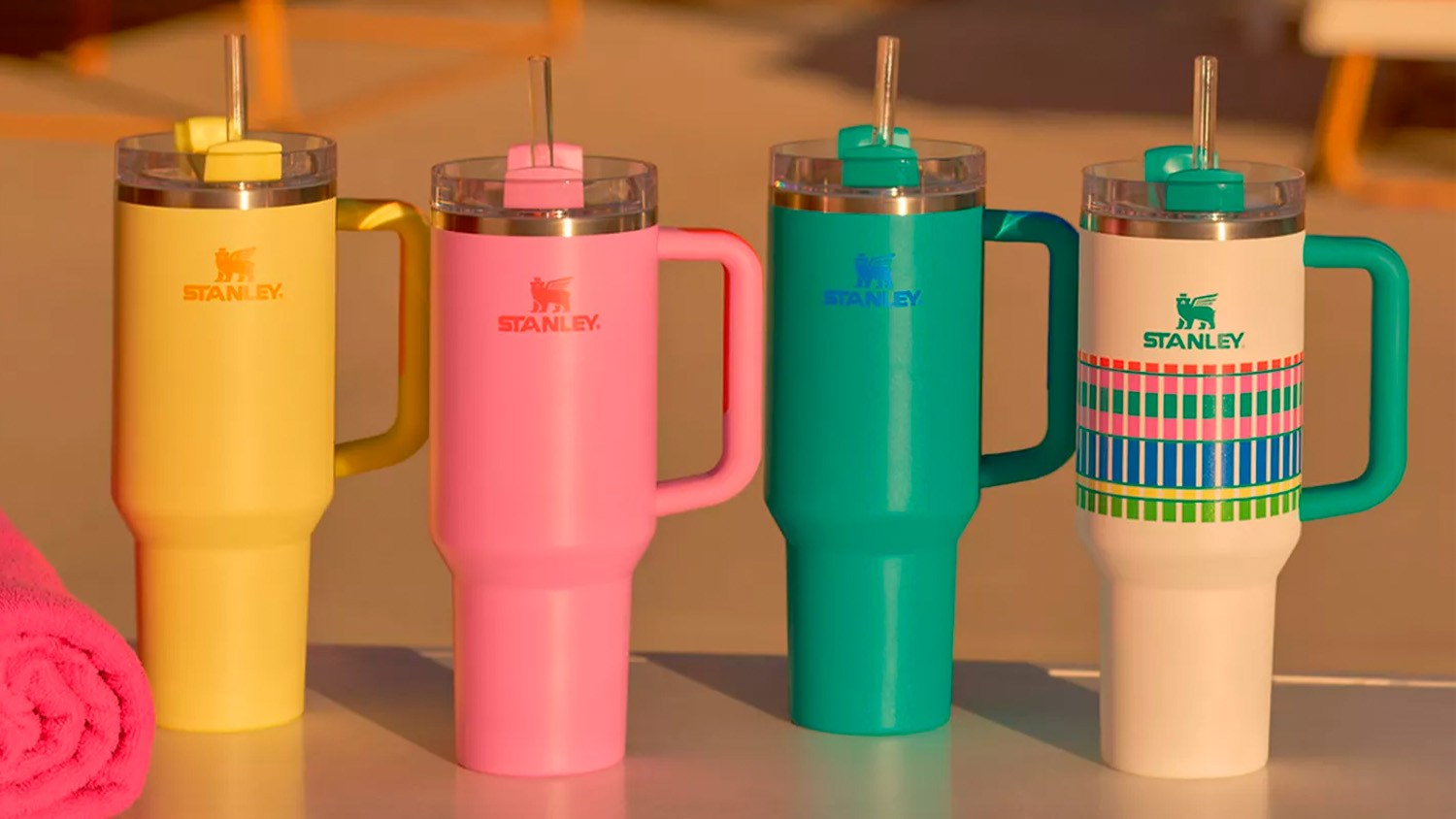(NEXSTAR) – Customers are returning to restaurants in droves — but the staff members aren’t.
A growing number of restaurant owners are reporting worker shortages as their dining rooms reopen throughout the country. It’s a troubling industry-wide trend, experts say, and it’s the result of more than a few challenges caused by the ongoing pandemic.
“When it comes to recruiting workforce, in January, 8% of restaurant operators rated recruitment and retention of workforce as their top challenge; by April that number had risen to 57%,” said Hudson Riehle, the National Restaurant Association’s senior vice president of research, in a statement provided to Nexstar.
Riehle added that “recruitment and retention” has always been an issue for restaurant operators, but the pandemic — and now the loosening of COVID-19 restrictions — has ironically exacerbated the problem.
“As the weather improves and more state restrictions are lifted, restaurant traffic will increase and that will create a greater need for employees,” he said.
It’s not just warm weather and increased demand leading to the shortages, either. Industry groups and restaurant owners point to several possible reasons, including employees’ safety concerns, or the need to care for children who are still learning remotely. Some employees have also found other lines of work entirely, after being laid off earlier in the pandemic.
“The current worker shortage is a nationwide and industrywide concern as COVID-19 continues to cast a shadow on the hospitality industry,” said Melissa Fleischut, president and CEO of the New York State Restaurant Association, in part, in a statement provided to Nexstar. “These are still unprecedented times, and hospitality workers do not have the luxury nor flexibility of working remotely.”
But many restaurant operators claim that extended unemployment insurance benefits are discouraging potential workers from returning to restaurant jobs.
“I think the reason we’re short-staffed is people are getting unemployment,” said Kristi Mertsock, the owner of Curly’s Chicken House in Elmira, N.Y., in a statement to WETM. “They [would] rather stay home and collect that extra money from the government because they’re getting an extra $300 a week, and don’t want to go back to work,” she added, referencing a $300 federal supplement to weekly unemployment benefits.
The U.S. Chamber of Commerce, too, blamed the supplement for the little-changed unemployment rate in April.
“The disappointing jobs report makes it clear that paying people not to work is dampening what should be a stronger jobs market,” the Chamber of Commerce wrote in a statement released following the Bureau of Labor Statistics jobs report on May 7.
President Biden, however, has disputed these claims, and stipulated that anyone collecting such aid must accept any “suitable job” they’re offered “or lose their unemployment benefits.”
The Economic Policy Institute (EPI), a non-profit think-tank based in Washington, D.C., further determined that April’s slow job growth had little to do with continued unemployment aid, but rather continued health concerns and an “outflow” of workers — primarily women — from employment due to caregiving concerns.
“Millions of Americans continue to cite health concerns as a reason for reluctance to return to work — as further evidence of this, vaccination rates correlate positively with increased employment across states,” wrote Josh Bivens and Heidi Shierholz of the EPI in a blog post published Tuesday.
The authors add that lower-wage jobs in the leisure and hospitality sector, “where UI benefits should be a more binding constraint on labor supply,” actually saw faster job growth when compared to other sectors, per the jobs report.
In the meantime, restaurant operators are trying out new tactics to entice workers, including offering signing bonuses to new employees. Even famed eateries, such as Primanti Bros. in Pittsburg, had embraced the strategy.
“We’re going to give them $150 after 30 days of working for us and another $150 after 60 days,” operations director Greg Dubois told WTAJ last month. “So it’s kind of a way to incentivize our company, our commitment to them… you know it’s a big investment on our part, but we think it’s worth it to try and get good people.”
One McDonald’s location in Florida was even offering $50 simply to come in and interview, according to Business Insider — although the franchise operator has admitted that this tactic has produced less-than-stellar results.
McDonald’s operators are also offering hazard pay, referral bonuses or paid time off as part of their strategies to attract new workers, the chain confirmed. (Labor shortage or not, McDonald’s typically starts hiring more employees in the summer.)
Other restaurants have had more success with “pre-pandemic” recruiting techniques, the National Restaurant Association said, including higher hourly pay, better benefits and opportunities to grow their career.
“All restaurant sales are local, so in the end, local market forces will impact not only the increase in needed workforce, but also the particular incentives needed to recruit those employees,” said Riehle.


